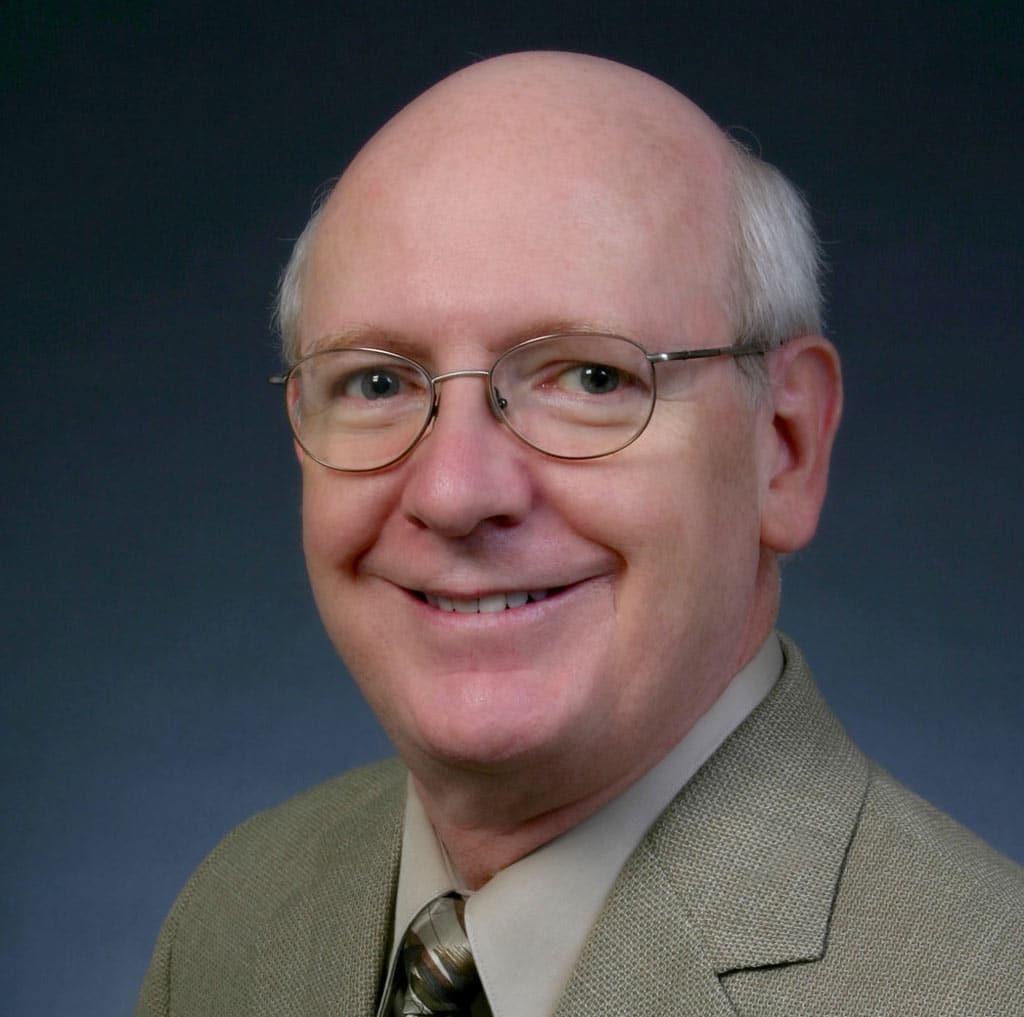If you’re considering a career as a maxillofacial surgeon, then you know the importance of staying updated with the latest advancements in the field. One way to do so is by acquiring the right certifications. In this article, we’ll unveil the certifications every maxillofacial surgeon must have for successful re-surgeries.
Maxillofacial surgery is a specialized branch that focuses on treating diseases, injuries, and defects of the head, neck, face, jaws, and teeth. Re-surgeries can be complex and challenging, requiring surgeons to have extensive knowledge and skillset. That’s where certifications come in.
One essential certification for maxillofacial surgeons is the American Board of Oral and Maxillofacial Surgery (ABOMS) certification. This certification not only demonstrates a surgeon’s proficiency in the field but also enhances their professional credibility.
Another crucial certification is the Advanced Trauma Life Support (ATLS), which equips surgeons with the necessary skills to manage trauma patients effectively. Additionally, certifications in advanced techniques like orthognathic surgery or cleft lip and palate surgery are highly recommended.
By obtaining these certifications, maxillofacial surgeons can confidently handle complex re-surgeries, ensuring the best possible outcomes for their patients. Stay tuned as we dive deeper into each certification and its importance in the world of maxillofacial surgery.
Importance of certifications in maxillofacial surgery
Maxillofacial surgery is a specialized branch that focuses on treating diseases, injuries, and defects of the head, neck, face, jaws, and teeth. Re-surgeries can be complex and challenging, requiring surgeons to have extensive knowledge and skillset. That’s where certifications come in.
Certifications play a vital role in the field of maxillofacial surgery. They not only validate a surgeon’s expertise but also provide reassurance to patients. Having the right certifications demonstrates a surgeon’s dedication to continuous learning and professional development. It shows that they have met the necessary qualifications and standards set by recognized organizations in the field.
Moreover, certifications enhance a maxillofacial surgeon’s professional credibility. They showcase their commitment to delivering high-quality care and staying updated with the latest advancements in the field. Patients are more likely to trust a surgeon with certifications as it gives them confidence in the surgeon’s abilities.
Certifications required for successful re-surgeries
To excel in the field of maxillofacial surgery, certain certifications are considered essential. These certifications provide surgeons with the necessary skills and knowledge to handle complex re-surgeries effectively. Let’s explore some of the most important certifications:
### American Association of Oral and Maxillofacial Surgeons (AAOMS) Certification
The AAOMS certification is a prestigious credential that signifies a maxillofacial surgeon’s commitment to excellence. This certification is awarded by the American Association of Oral and Maxillofacial Surgeons, a professional organization dedicated to advancing the specialty of oral and maxillofacial surgery.
Obtaining the AAOMS certification requires surgeons to meet specific educational and training requirements. Surgeons need to complete an accredited oral and maxillofacial surgery residency program and pass a comprehensive examination. This certification validates a surgeon’s clinical competence, surgical skills, and commitment to ethical patient care.
### American Board of Oral and Maxillofacial Surgery (ABOMS) Certification
One of the most recognized certifications in maxillofacial surgery is the ABOMS certification. This certification is awarded by the American Board of Oral and Maxillofacial Surgery, an independent board that evaluates and certifies surgeons in the field.
The ABOMS certification is a rigorous process that assesses a surgeon’s knowledge, judgment, and technical skills. Surgeons need to demonstrate proficiency in a wide range of topics, including anesthesia, oral pathology, dentoalveolar surgery, trauma management, and more. This certification not only validates a surgeon’s expertise but also assures patients of their competency to perform complex re-surgeries.
### International Association of Oral and Maxillofacial Surgeons (IAOMS) Certification
For maxillofacial surgeons looking to expand their practice globally, obtaining the IAOMS certification is highly recommended. The International Association of Oral and Maxillofacial Surgeons is a leading professional organization that promotes international collaboration and education in the field.
The IAOMS certification signifies a surgeon’s commitment to global standards of excellence in maxillofacial surgery. It requires surgeons to meet specific educational and training criteria and pass a comprehensive examination. This certification opens doors to international opportunities and allows surgeons to network with colleagues from around the world.
American Association of Oral and Maxillofacial Surgeons (AAOMS) certification
In addition to the core certifications mentioned above, maxillofacial surgeons can benefit from obtaining specialized certifications and affiliations. These certifications focus on advanced techniques and subspecialties within maxillofacial surgery and further enhance a surgeon’s skillset. Some notable certifications include:
– Orthognathic Surgery Certification: This certification focuses on the correction of jaw and facial deformities. Surgeons with this certification have extensive training and expertise in performing orthognathic surgeries.
– Cleft Lip and Palate Surgery Certification: Cleft lip and palate surgeries require specialized knowledge and skills. Surgeons with this certification are trained in the comprehensive management of cleft lip and palate conditions.
– Dental Implantology Certification: Dental implant placement is a common procedure in maxillofacial surgery. Surgeons with this certification have expertise in implant placement, ensuring successful outcomes for patients.
These specialized certifications and affiliations allow maxillofacial surgeons to provide comprehensive care in specific areas of the field. They showcase a surgeon’s dedication to continuous learning and staying at the forefront of advancements in maxillofacial surgery.
American Board of Oral and Maxillofacial Surgery (ABOMS) certification
Having multiple certifications in maxillofacial surgery offers several advantages. Firstly, it broadens a surgeon’s knowledge base and skillset, enabling them to handle a wide range of cases effectively. Surgeons with diverse certifications have a deeper understanding of complex surgical techniques and can provide individualized care to their patients.
Secondly, multiple certifications enhance a surgeon’s professional growth and career opportunities. Surgeons with a broad range of certifications are highly sought after by hospitals, research institutions, and academic organizations. They are often considered experts in their field and can contribute to advancements in maxillofacial surgery through research and teaching.
Moreover, having multiple certifications instills confidence in both the surgeon and the patients. Surgeons can approach re-surgeries with a higher level of assurance and expertise, resulting in improved outcomes for patients. Patients, on the other hand, feel more at ease knowing that their surgeon has obtained multiple certifications, as it signifies a commitment to excellence and continuous improvement.
International Association of Oral and Maxillofacial Surgeons (IAOMS) certification
Obtaining certifications in maxillofacial surgery requires dedication and commitment. It begins with completing an accredited oral and maxillofacial surgery residency program, which provides the necessary foundation for specialized training. Surgeons must meet the educational and training requirements set by the certifying bodies and pass comprehensive examinations.
Once certified, surgeons must maintain their certifications by fulfilling continuing education requirements and staying updated with the latest developments in the field. Continuing education programs, conferences, and workshops help surgeons stay abreast of emerging techniques and technologies, ensuring their skills remain relevant and up-to-date.
Maintaining certifications not only demonstrates a surgeon’s commitment to professional growth but also ensures the delivery of high-quality care to patients. It is a lifelong process that requires continuous learning and engagement with the maxillofacial surgery community.
Other certifications and affiliations for maxillofacial surgeons
Certifications are crucial for every maxillofacial surgeon looking to excel in the field and provide successful re-surgeries. The AAOMS, ABOMS, and IAOMS certifications, along with specialized certifications, enhance a surgeon’s knowledge, skills, and professional credibility. Surgeons with multiple certifications have a broader scope of practice, career opportunities, and the ability to deliver exceptional care to their patients.
If you aspire to become a maxillofacial surgeon, consider the certifications discussed in this article. They will not only validate your expertise but also open doors to a successful and fulfilling career in maxillofacial surgery. Stay committed to continuous learning, maintain your certifications, and embrace the ever-evolving advancements in this specialized field. Your dedication will undoubtedly contribute to the betterment of maxillofacial surgery and the well-being of your patients.
Benefits of having multiple certifications
One essential certification for maxillofacial surgeons is the American Board of Oral and Maxillofacial Surgery (ABOMS) certification. This certification not only demonstrates a surgeon’s proficiency in the field but also enhances their professional credibility.
To obtain ABOMS certification, a surgeon must meet specific educational and training requirements. They need to complete an accredited residency program in oral and maxillofacial surgery, which typically lasts four to six years. During this time, they gain hands-on experience in diagnosing and treating various conditions of the face, jaws, and teeth.
After completing the residency program, surgeons are eligible to take the ABOMS certification examination. This rigorous exam evaluates their knowledge, clinical skills, and judgment in the field of maxillofacial surgery. Successful completion of the exam leads to ABOMS certification, which is valid for ten years.
Having ABOMS certification is crucial for maxillofacial surgeons as it demonstrates their commitment to the highest standards of patient care. It also helps them stand out in the competitive job market and gain the trust of patients, colleagues, and referring physicians. Surgeons with ABOMS certification have a solid foundation in the principles and practices of maxillofacial surgery, making them well-equipped to perform successful re-surgeries.
How to obtain and maintain certifications
Another crucial certification for maxillofacial surgeons is the Advanced Trauma Life Support (ATLS) certification. Re-surgeries often involve trauma patients who require immediate and specialized care. ATLS equips surgeons with the necessary skills to manage trauma patients effectively.
ATLS certification is offered by the American College of Surgeons (ACS) and is recognized worldwide as the standard of care for trauma patients. The certification course covers essential topics such as initial assessment and management, airway and ventilatory management, shock management, and other life-threatening conditions.
To obtain ATLS certification, maxillofacial surgeons need to attend a two-day course that combines lectures, skill stations, and simulations. They learn how to identify and treat life-threatening injuries, prioritize patient care, and communicate effectively within a trauma team.
Having ATLS certification is valuable for maxillofacial surgeons as it ensures they can provide immediate and appropriate care to trauma patients. It enhances their ability to handle complex re-surgeries involving traumatic injuries, resulting in better outcomes for patients.
Conclusion
In addition to ABOMS and ATLS certifications, maxillofacial surgeons can benefit from obtaining certifications in advanced techniques. These certifications focus on specific areas of maxillofacial surgery and further enhance a surgeon’s skillset.
One such certification is in orthognathic surgery, which involves correcting jaw and facial deformities through surgical procedures. Surgeons with orthognathic surgery certification have specialized training in planning and performing corrective surgeries to improve the function and aesthetics of the jaw and face.
Another recommended certification is in cleft lip and palate surgery. Cleft lip and palate are common birth defects that require specialized surgical intervention. Surgeons with this certification have the expertise to diagnose and treat these conditions, ensuring optimal outcomes for patients.
By obtaining these certifications, maxillofacial surgeons can confidently handle complex re-surgeries, ensuring the best possible outcomes for their patients. These certifications demonstrate their dedication to continuous learning and professional growth, making them valuable assets in the field of maxillofacial surgery.






